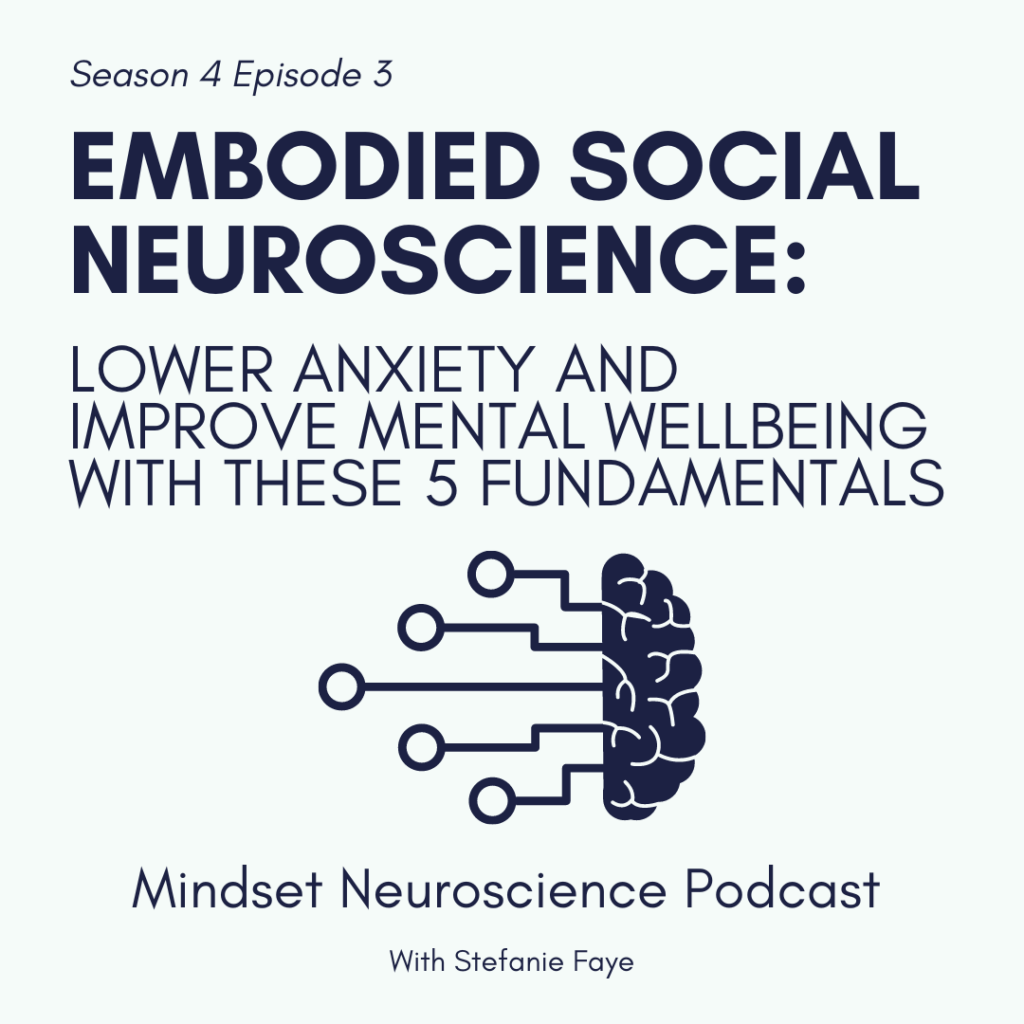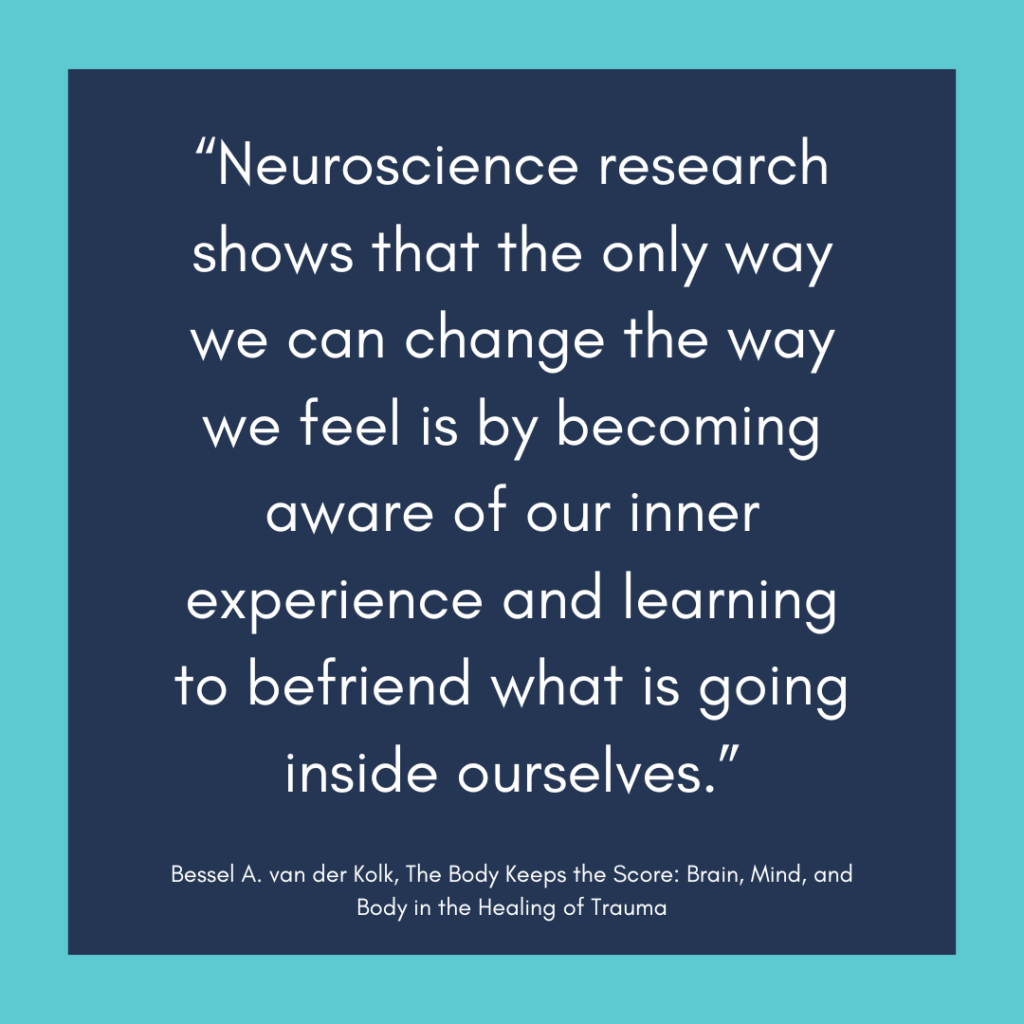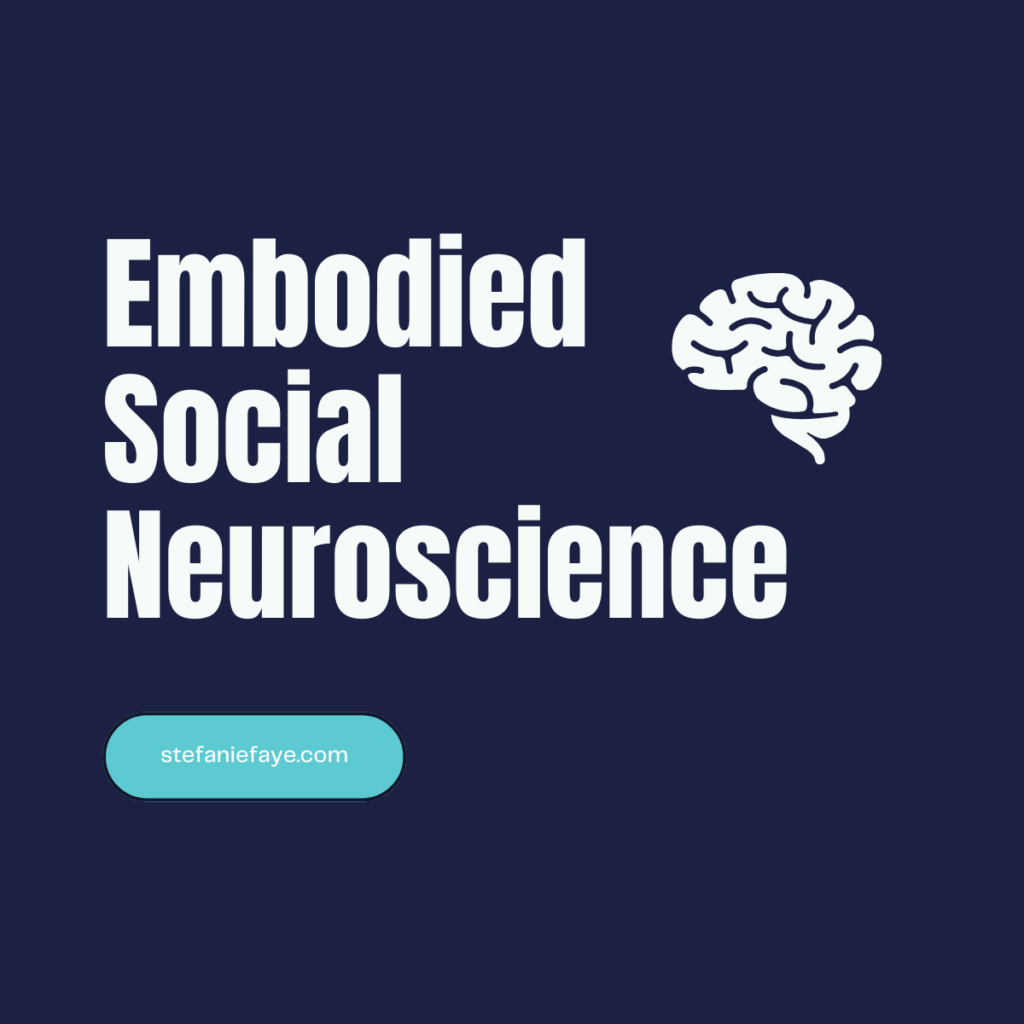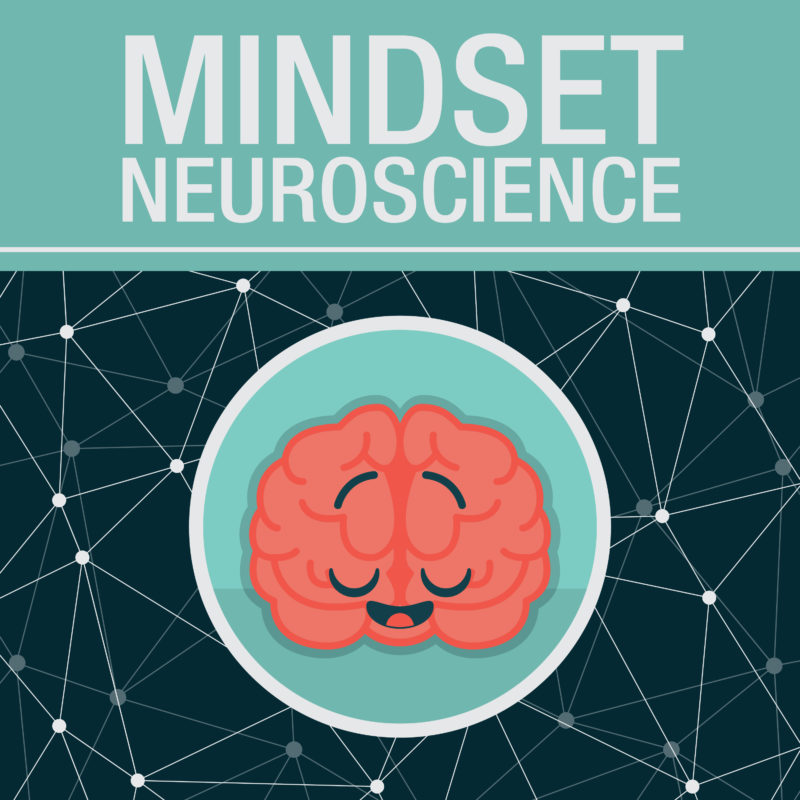“Neuroscience research shows that the only way we can change the way we feel is by becoming aware of our inner experience and learning to befriend what is going inside ourselves.”
― Bessel A. van der Kolk, The Body Keeps the Score: Brain, Mind, and Body in the Healing of Trauma

Each state of the brain and body can be adaptive in a given context. What’s most important is flexibility to access a wide, diverse range of states and strategies that help us adapt to meet constantly changing demands and opportunities.
All of this is tied to emotion regulation.
Your ability to regulate your emotional state is possibly one of the most important abilities you will ever hone in your lifetime.
The reason? Emotion regulation is in a sense simply nervous system regulation.
Without it, no matter how much we may believe in our potential to learn and evolve, if our system is under activated, we may lack what is needed to stay alert, focused, and ready to integrate and receive information that can help us with the changes we seek. If our nervous system is overactive, we may face similar challenges, and also lack the restorative nature of what it means to have a regulated nervous system for rest, an energy recuperation. Dysregulation in any form can prevent us from having healthy and fulfilling relationships, which is another essential component of overall life functioning.
Regulating your emotional state does not mean always seeking calmness or stoicism.
It’s about riding the waves and fluctuations of internal and unconscious forces, that impact and influence how your heart beats, how your skin conducts electricity, flushes, and sweats, tingles... how the muscles in your throat, tighten or relax to speak, sing, scream or sigh... how your eyes focus on one thing versus another. All of these micro fluctuations affect your next move on the chessboard of life.

Your ability to ride those waves, understand them, and learn how to learn from them will help you be more intentional about your decisions and creating experiences that you truly desire for yourself and for those around you.
As important as these skills are, however, your mindset - and in particular a growth mindset - is also CRITICAL for updating and improving how you navigate your emotional states.
Your mindset - the beliefs you have about your own abilities to update, adapt and evolve - are based on brain-body algorithms that are significantly influenced by those around you, particularly as you were growing up, but also who you surround yourself with now.
Our nervous systems and brain networks are powerfully shaped by experiences that are embodied, visceral, sensory-motor and social.
This is the essence of Embodied Social Neuroscience.
In this episode, I cover 5 concrete, embodied, neuroscience-supported pillars you can use to get better at honing the incredible power of the human mind-brain-body system. We look at several biomarkers and physiological pillars of how to combine the extraordinary, beautiful and magnificent power of the human brain with the mechanics of our body to help us achieve a state of deep fulfillment and sense of agency and alignment with our highest potential.
Here are some additional videos and articles related to the concept of growth mindset, emotion regulation and how we can apply embodied social neuroscience to improve our lives and sense of wellbeing.
The neuroscience of growth mindset: how your past affects the present
3 ways Growth mindset improves performance and life outcomes
This one skill has the power to heal the past and change the future
Season four of the Mindset Neuroscience Podcast is particularly devoted to the intersection of mindset, neuroplasticity and healing.
[ps - In my Neuroscience + Mindset Newsletter, I send concrete ideas of how to build growth mindset and emotion regulation in yourself - AND inspire it in others. Make sure to subscribe if you'd like to get these tips and insights.]
References:
Demerdzieva, Aneta and Nada Pop-Jordanova. “Alpha asymmetry in QEEG recordings in young patients with anxiety.” Prilozi 32 1 (2011): 229-44 .
Demerdzieva, Aneta and Nada Pop-Jordanova. “Relation Between Frontal Alpha Asymmetry and Anxiety in Young Patients with Generalized Anxiety Disorder.” PRILOZI 36 (2015): 157 - 177.
Ekman, P., Davidson, R. J., & Friesen, W. V. (1990). The Duchenne smile: Emotional expression and brain physiology: II. Journal of personality and social psychology, 58(2), 342.
Lee S. Y. (2021). Handgrip Strength: An Irreplaceable Indicator of Muscle Function. Annals of rehabilitation medicine, 45(3), 167–169. https://doi.org/10.5535/arm.21106
Scherer, S., Stratou, G., Gratch, J., & Morency, L. P. (2013, August). Investigating voice quality as a speaker-independent indicator of depression and PTSD. In Interspeech (pp. 847-851).
Soysal, P., Hurst, C., Demurtas, J., Firth, J., Howden, R., Yang, L., Tully, M. A., Koyanagi, A., Ilie, P. C., López-Sánchez, G. F., Schwingshackl, L., Veronese, N., & Smith, L. (2021). Handgrip strength and health outcomes: Umbrella review of systematic reviews with meta-analyses of observational studies. Journal of sport and health science, 10(3), 290–295. https://doi.org/10.1016/j.jshs.2020.06.009
Wang, J., Zhou, X., Qiu, S., Deng, L., Li, J., Yang, L., Wei, Q., & Dong, B. (2022). The Association Between Grip Strength and Depression Among Adults Aged 60 Years and Older: A Large-Scaled Population-Based Study From the Longitudinal Aging Study in India. Frontiers in aging neuroscience, 14, 937087. https://doi.org/10.3389/fnagi.2022.937087
Williams, A.V., Duque-Wilckens, N., Ramos-Maciel, S. et al. Social approach and social vigilance are differentially regulated by oxytocin receptors in the nucleus accumbens. Neuropsychopharmacol. 45, 1423–1430 (2020). https://doi.org/10.1038/s41386-020-0657-4


